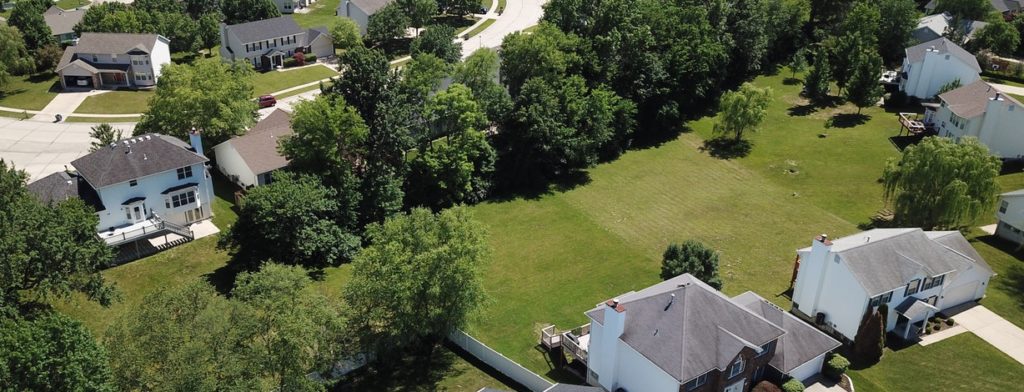Virginia Premises Liability Lawyer
Property owners are required to maintain their property so that it is safe for guests to enter. A property owner who fails to do so may be liable to a victim who is injured as a result. Following a serious accident, it is best to consult a seasoned attorney.

If you or a loved one has been injured because a business or a landowner failed to maintain a safe environment for you to enter, it is best to contact an contact an experienced Virginia premises liability lawyer to have your case evaluated.
- Types of Premises Liability Cases
- Commercial Property Claims
- Private Property Claims
- Public Property Claims
How to Determine Liability
The legal status of the person entering another’s property dictates the duty that is owed to that person by the landowner. A premises liability attorney in Virginia will be able to explain what duty is owed under specific circumstances, and to whom the duty is owed.
https://youtube.com/watch?v=LnSfqfIG2Vs
Property Owner’s Obligation
While a property owner does have an obligation to maintain their property so that it is safe, their obligation to someone who is invited is greater than their duty would be to someone who is unlawfully entering. The term “property owner” includes businesses that are leasing space as well as residential property owners.
When a person enters another’s property for their own benefit, the property owner may be liable for injuries if she or he knew or should have known that there was an unreasonable risk of harm, failed to warn the guest or correct the condition, and the guest did not know or have reason to know of the unsafe condition.
For example, if someone hosts a holiday party at their home and is aware that the front porch has rotted wood, the homeowner is required to make the porch safe for arriving guests. If the porch cannot be made safe before the guests arrive, the owner is obligated to notify guests of the dangerous condition. Failing to do so could result in the homeowner being liable to an injured guest.
Duty to Maintain
A property owner has a greater duty to a person who has an express or implied invitation to enter when that person enters for the purpose intended in the invitation. An express or implied invitation is established when a retail business is open to the public and people enter with the intention to shop, regardless of whether a purchase is made.
In this case, the retail business owner has a duty to maintain the premises in a reasonably safe condition and to warn the shopper of any hidden dangers. A property owner who does not comply with those requirements can be liable to the shopper for their injuries.
While the retail business owner is generally not liable to a shopper for the criminal act of a third party, even if it occurs on their property, there are exceptions under which a shopper may be able to recover for injuries sustained.
In general, property owners do not have a duty to maintain their property for trespassers. As such, someone without a lawful right to enter may be unable to recover damages for injuries that she or he may have incurred on another’s property. There are exceptions to trespassers being able to recover damages for an injury or injuries from property owners.
Arguing Against Claims
The two most common defenses in premises liability cases are lack of notice and contributory negligence. Lack of notice is a sound legal defense doctrine that says if the plaintiff, the injured party, cannot prove that the property owner knew about the defensive condition or reasonably should have known, then they cannot be held liable. This often comes up in the context of slip-and-fall cases.
The defense of contributory negligence also applies in premises liability cases. This means that if a party is even 1% at fault for their own premises liability injury, they will be easily barred from recovery. This often occurs when someone knew or should have known that a defect was present and failed to do anything about it.
For example, if someone saw water on the floor earlier in the day and came back to the same place and then fell on the water on the floor, that could be contributory negligence. The defense attorney could argue they contributed to their own fault. Another example is someone doing something reckless such as running through a hallway, turning a corner too fast, running into an obstruction they do not see. In that case, they may have contributed to their own injury by running instead of walking as normally would be expected, and that would be subject to a contributory negligence defense as well.
Common Types of Premises Liability Claims
Premises liability claims arise when property owners fail to maintain safe conditions, leading to injuries. Here are some common types of premises liability claims:
Slip and Fall Accidents
Slip and fall accidents are among the most frequent premises liability claims. These occur when a person slips, trips, or falls due to hazardous conditions like wet floors, uneven surfaces, or poorly lit areas. Property owners are required to maintain safe premises and promptly address any dangers. If they fail to do so, they may be held liable for resulting injuries.
Negligent Security
Negligent security claims arise when property owners fail to provide adequate security measures, leading to criminal activities that harm visitors. Examples include insufficient lighting, lack of security personnel, or inadequate surveillance. Victims of assaults, robberies, or other crimes on such properties may file claims against the property owners for failing to ensure their safety.
Swimming Pool Accidents
Swimming pool accidents can result in serious injuries or even fatalities, particularly involving children. Common hazards include inadequate fencing, lack of supervision, or poorly maintained pool areas. Property owners must adhere to safety regulations to prevent such accidents. Failure to do so can lead to liability for any injuries sustained in or around the pool.
If you or a loved one has been injured due to unsafe conditions on someone else’s property, consulting with an experienced Virginia premises liability lawyer is essential to understand your rights and pursue the compensation you deserve.
Contact a Virginia Premises Liability Lawyer Today
 Your ability to recover for damages following a premises liability accident is not a guaranteed right. Since Virginia is also a contributory negligence state, there are certain factors in your particular case that may, unfortunately, bar you from recovery. To learn about your legal rights following a premises liability accident, consult an experienced Virginia premises liability attorney.
Your ability to recover for damages following a premises liability accident is not a guaranteed right. Since Virginia is also a contributory negligence state, there are certain factors in your particular case that may, unfortunately, bar you from recovery. To learn about your legal rights following a premises liability accident, consult an experienced Virginia premises liability attorney.













